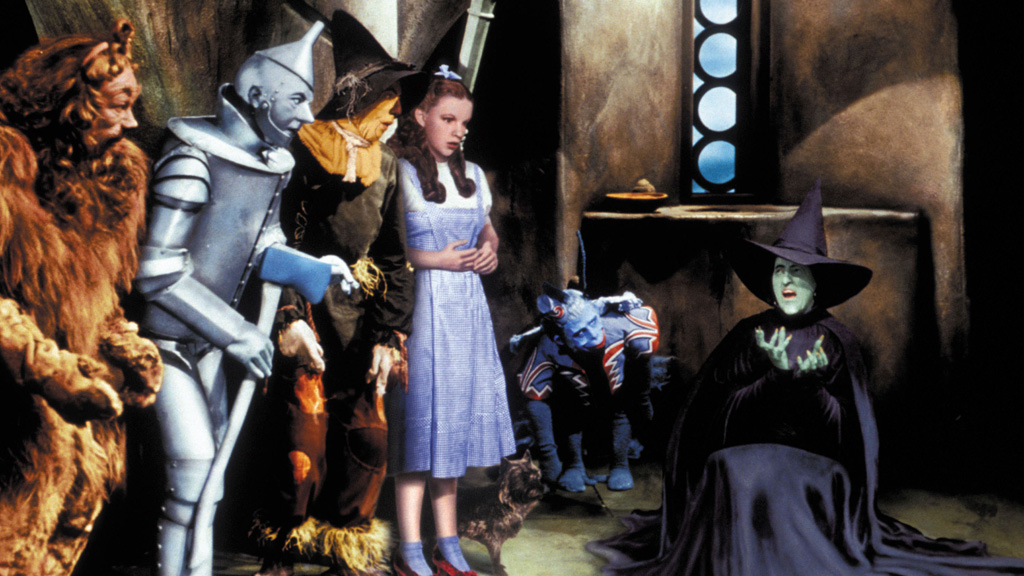Thatcher Ding Dong and the age of the digital protest
We’ve been raging against the machine since 2009, but is “chartjacking” really an act of political defiance? Channel 4 News takes a look at the hit parade.

79p and you’re in. That’s the price of downloading Ding Dong the Witch is Dead – the track adopted by those keen to demonstrate their protest against the legacy of Margaret Thatcher, who died earlier this week at the age of 87.
Quite a low bar for protest, given that Labour MPs were asked by leader Ed Miliband to show “respect” for Baroness Thatcher in the House of Commons on Wednesday whatever their feelings about her policies.
So is the upwards trajectory of this track through the charts a supremely democratic moment? A demonstration of the anger still felt by many at the economic and social impact Thatcherism had on Britain? Or is this merely the latest chapter in an age of “slacktivism” (slacker/activism)?
“I suppose something like this engages people who wouldn’t normally think to protest. Maybe they didn’t really even think of it in those terms,” says music industry analyst Andy Malt, editor of Complete Music Update (CMU).
“Chartjacking” is nothing new. In 2009 Rage Against The Machine’s Killing in the Name, first released in 1993, was catapulted back into the charts by music fans eager to prevent another X-Factor Christmas number one. These activists realised they could exploit the digital download charts by purchasing the track en masse in the same week, encouraging others to do the same via social media.
“Since then there have been similar campaigns each year, but the joke wears off more each time, and now Simon Cowell has backed off having that as a goal for the X Factor winner anyway,” Malt told Channel 4 News.
“I think it is quite a British thing. On the whole, other countries don’t have the same obsession with the charts that we have.”
The BBC will only play “four to five seconds” of the Wizard of Oz track during this weekend’s Radio 1 Chart Show.
BBC Director-General Tony Hall called anti-Thatcher protesters “tasteless”. So far the song has been downloaded more than 20,000 times since Baroness Thatcher’s death was announced.
Rival song
Meanwhile, fans of Margaret Thatcher have launched a rival song via a Facebook page to do chart battle with Ding Dong The Witch Is Dead.
They are urging supporters to buy punk song I’m In Love With Margaret Thatcher instead. The track is rising up the iTunes chart but not yet threatening the top slot.
Protest pop
Before the digital age the BBC had a long history of banning or censoring controversial pop songs, from Serge Gainsbourg’s breathy Je t’aime… Moi Non Plus, which proved too sexy for the corporation’s ears in 1969, to punk anti-monarchy anthem God Save the Queen by the Sex Pistols in 1977.
Frankie Goes to Hollywood’s 1984 single Relax was deemed “obscene” while The Cure’s Killing An Arab was banned from the airwaves during the gulf war of 1990-91.
Censored songs have generally been ejected because they contained sexual content, drugs references, controversial political views or swearing. Sex caused more offence in the sixties and seventies (see below) than the decades since. Christmas classic Fairytale of New York by the Pogues was silenced for its bad language in 1987 but is now an annual favourite on the radio.
The Beatles’ Lucy in the Sky with Diamonds, 1967, was interpreted as code for the drug LSD, while The Shamen’s Ebeneezer Goode got into trouble in 1992 for its chorus “Es are good! Es are good!” as rave culture and ecstasy use swept Britain.
But perhaps the strangest songs to be axed are Rod Stewart’s gentle ballad Sailing, also during the 1991 gulf war, and Ken Dodd’s I’m Always Chasing Rainbows which allegedly lifted a melody from Chopin.
